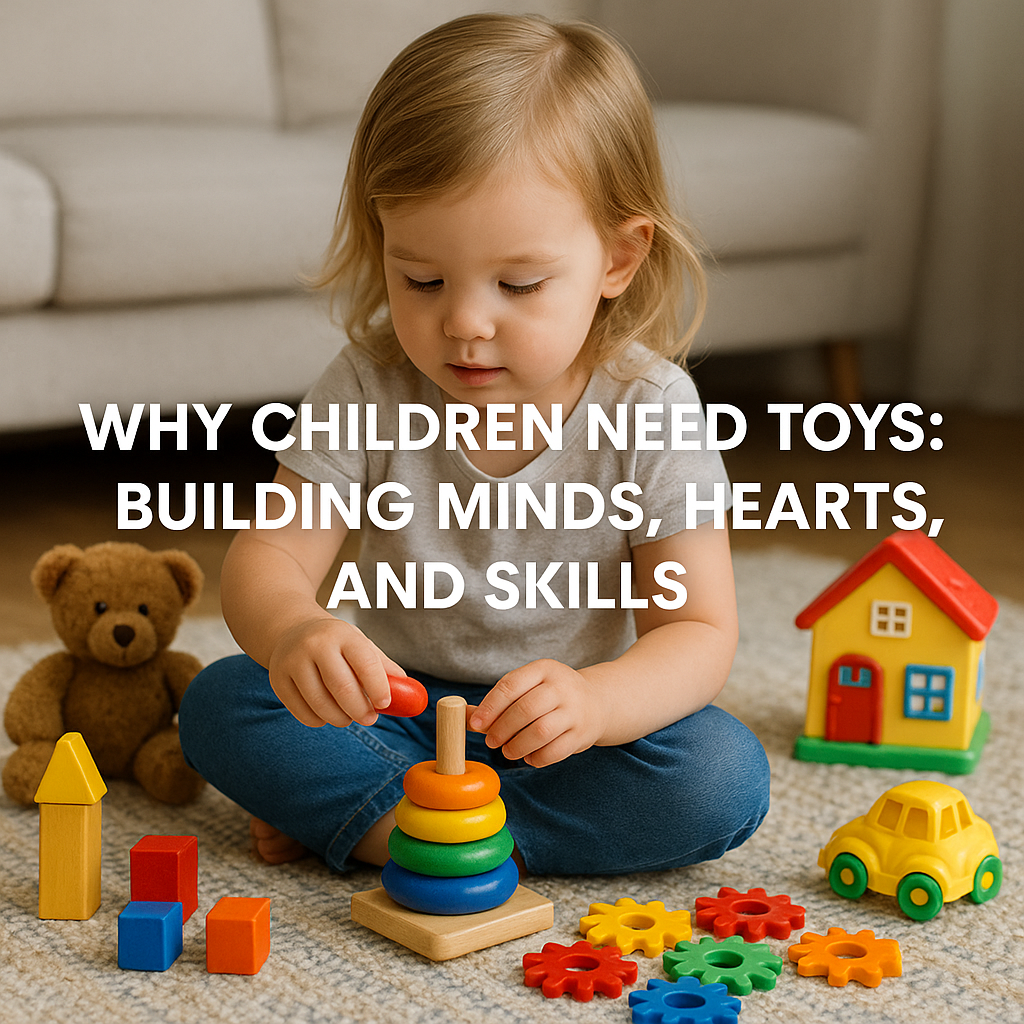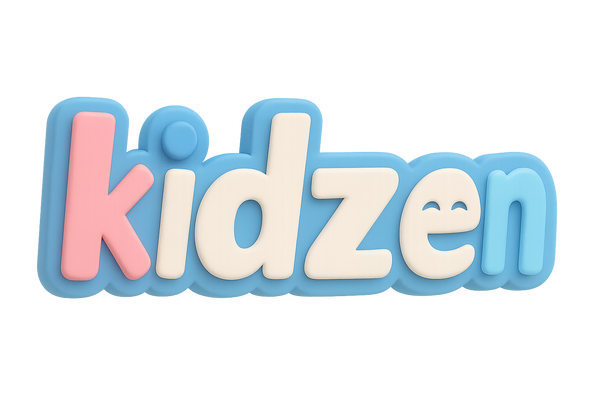
Why Children Need Toys: More Than Just Play
Share
Introduction
Toys are often seen as simple sources of entertainment, but research shows they are powerful tools for a child’s cognitive, emotional, and social development. From building problem-solving skills to fostering creativity, toys shape the way children understand the world around them.
A 2020 review in the Early Childhood Education Journal found that toy-based play supports brain development by enhancing memory, attention, and language skills, while also promoting emotional regulation.
1. Cognitive Development
Toys like puzzles, building blocks, and STEM kits challenge children to think critically and solve problems. Play with these toys encourages logical thinking, spatial awareness, and hand–eye coordination. Studies show that problem-solving play improves early math and literacy readiness.
2. Emotional & Social Growth
Role-play toys, dolls, and board games allow children to act out scenarios, practice empathy, and develop social skills. According to a 2019 study in Child Development, children who engage in pretend play demonstrate higher emotional intelligence and better conflict resolution abilities.
3. Language & Communication
Interactive toys that involve storytelling, singing, or dialogue help children expand vocabulary and improve speech clarity. Playing with peers also introduces turn-taking, negotiation, and listening skills—essential foundations for effective communication.
4. Physical Skills
Active toys like balls, scooters, or climbing sets strengthen gross motor abilities, while arts and crafts materials enhance fine motor control. Physical play also supports healthy growth, coordination, and balance.
Conclusion
Toys are more than fun—they are essential learning tools that shape a child’s future abilities. By choosing toys that challenge, inspire, and engage, parents and caregivers can provide an environment where play truly becomes the foundation of growth.
